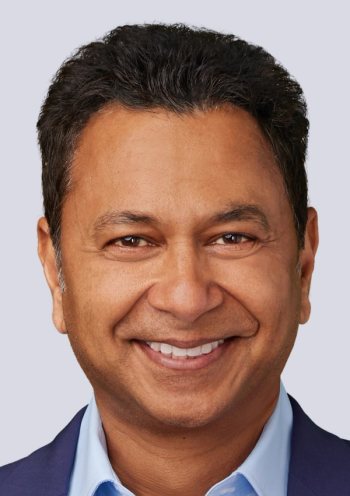
Use of e-prescribing soars, but majority of docs not onboard
As many as one-third of office-based physicians submit prescriptions electronically.
Key Points
E-PRESCRIBING IS TAKING slow but certain steps toward widespread adoption. As many as one-third of office-based physicians submit prescriptions electronically.
"As we move into a more integrated EMR environment, there are a lot of gaps in e-prescribing solutions," says Kristen Augspurger, manager of health information technology for Humana Pharmacy Solutions, a division of Humana and operator of a stand-alone e-prescription solution. "The e-prescribing solutions that are part of EMRs don't have the level of functionality, messaging and alerts [compared with stand-alone systems]. It will be interesting to see how e-prescribing solutions will look in the next two to three years as practices go to an integrated EMR."
E-prescribing use is growing substantially across all states. In 2009, 47 states more than doubled their use of prescription routing, while 39 more than doubled their use of prescription benefit information, according to Surescripts. Physicians in Massachusetts sent more than 11 million prescriptions electronically in 2009, representing 32% of all prescriptions written, making it the state with the highest rate of e-prescriptions in the nation.
One reason for the increase stems from the attraction of up to $27 billion in federal funds that Congress allocated as part of the 2009 economic stimulus package to promote electronic health records. Incentives will be paid out over a five-year period. What's more, providers will face penalties if they don't adopt the technology by 2015.
But while more physicians are using e-prescribing, there is also evidence to suggest that proponents of the technology have only scratched the surface, and that the majority of office-based physicians don't use e-prescribing, or don't use it meaningfully.
"There are still more practices writing prescriptions or printing out computer-generated prescriptions," says Joy Grossman, senior health researcher with the Center for Studying Health System Change (HSC).
Newsletter
Get the latest industry news, event updates, and more from Managed healthcare Executive.























